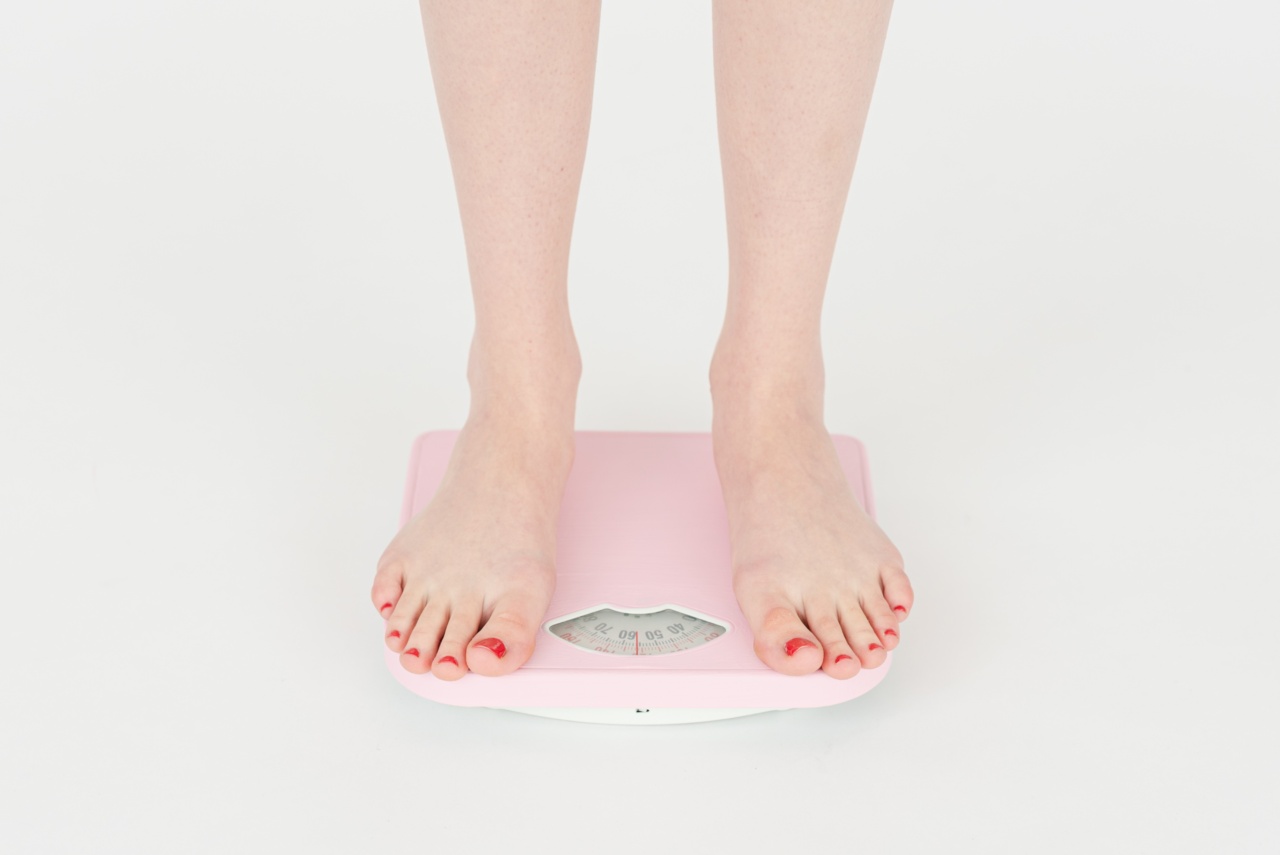High blood pressure is a common and serious health condition that affects millions of people around the world. Also known as hypertension, it can lead to serious complications such as heart attack, stroke, kidney failure, and more.
While there are a number of contributing factors to high blood pressure, such as genetics, lifestyle choices like diet and exercise can play a significant role in managing and preventing this condition.
: The Importance of Diet in Managing High Blood Pressure
Diet plays a crucial role in controlling high blood pressure. In order to manage hypertension, we need to pay attention to what we eat and drink. A healthy diet can help reduce blood pressure by up to 11 points in just a few weeks in some cases.
: What to Eat for High Blood Pressure
There are several components of a healthy diet that can help manage hypertension. These include:.
1. High-fiber Foods
Foods that are high in fiber, such as fruits, vegetables, legumes, and whole grains, can help lower blood pressure. Studies have shown that a high-fiber diet can help reduce blood pressure by up to five points.
The recommended daily intake of fiber is between 25-30 grams.
2. Lean Proteins
Lean proteins such as chicken, fish, tofu, and legumes are excellent foods for managing high blood pressure. These foods are rich in vitamins and minerals, and they can help maintain a healthy weight and reduce inflammation in the body.
3. Fruits and Vegetables
Fruits and vegetables are rich in potassium, which can help reduce blood pressure. Some of the best options include spinach, tomatoes, sweet potatoes, bananas, and oranges.
4. Low-Fat Dairy Products
Low-fat dairy products such as milk, cheese, and yogurt are rich in calcium, which can help lower blood pressure. These products are also low in fat, which can help maintain a healthy weight.
5. Whole Grains
Whole grains such as oatmeal, brown rice, whole wheat pasta, and quinoa are excellent sources of fiber and other essential nutrients. They are also low in fat and sodium, which can help reduce blood pressure.
: What to Avoid for High Blood Pressure
Just as there are foods that can help manage high blood pressure, there are also foods and drinks that can contribute to the problem. These include:.
1. Salt
Salt is one of the main contributors to high blood pressure. The recommended daily intake of sodium is 2,300 milligrams or less, which is about one teaspoon. Be sure to read labels on packaged foods, as many of them are high in salt.
2. Processed Foods
Processed foods such as fast food, packaged snacks, and frozen dinners are often high in sodium, unhealthy fats, and added sugars. These foods can contribute to high blood pressure and other health problems.
3. Alcohol
Excessive alcohol consumption can raise blood pressure and contribute to other health problems like liver disease and heart disease.
It’s important to drink in moderation, which means no more than one drink per day for women and two drinks per day for men.
4. Sugar
Sugar and refined carbohydrates can contribute to high blood pressure by increasing insulin levels and inflammation in the body. Be sure to limit your intake of sugary drinks, desserts, and other processed foods high in sugar.
: Conclusion
A healthy diet is essential for controlling and managing high blood pressure. It’s important to eat plenty of high-fiber foods, lean proteins, fruits, and vegetables, whole grains, and low-fat dairy products.
It’s also important to limit your intake of salt, processed foods, alcohol, and sugar. By making these changes to your diet, you can help manage your high blood pressure and reduce your risk of serious health problems.






























